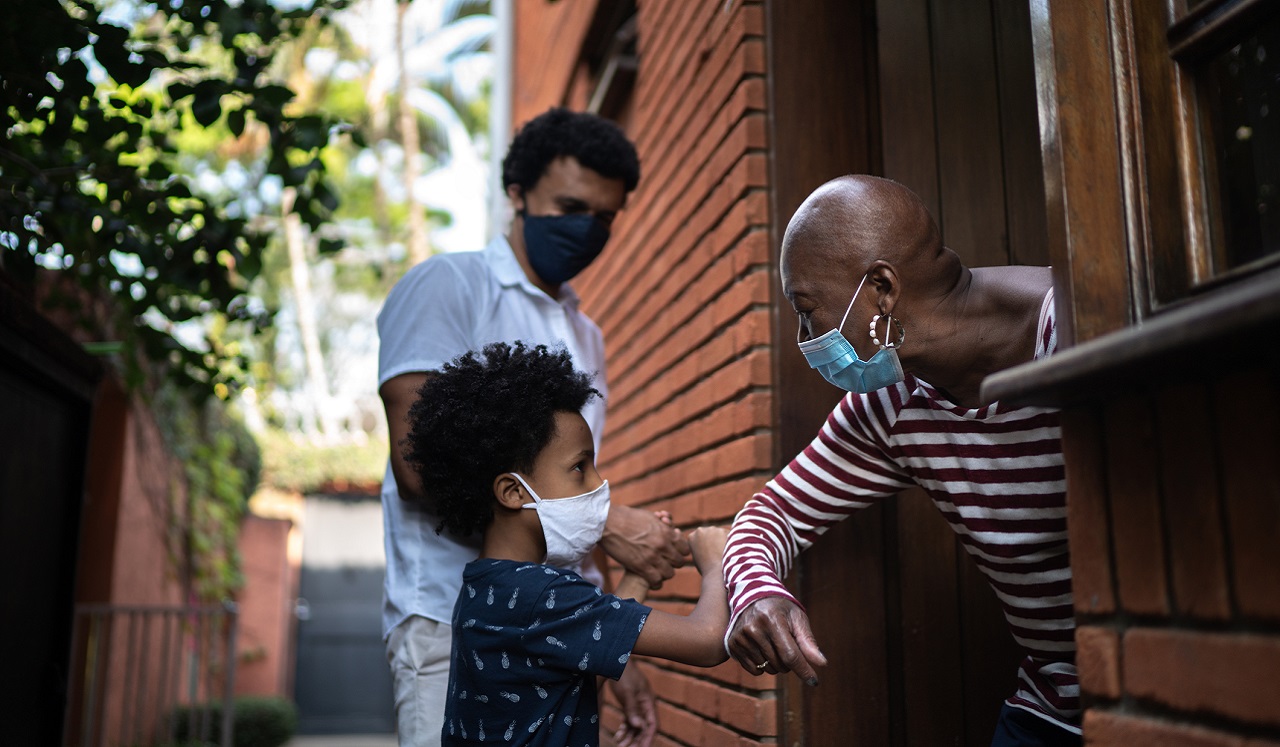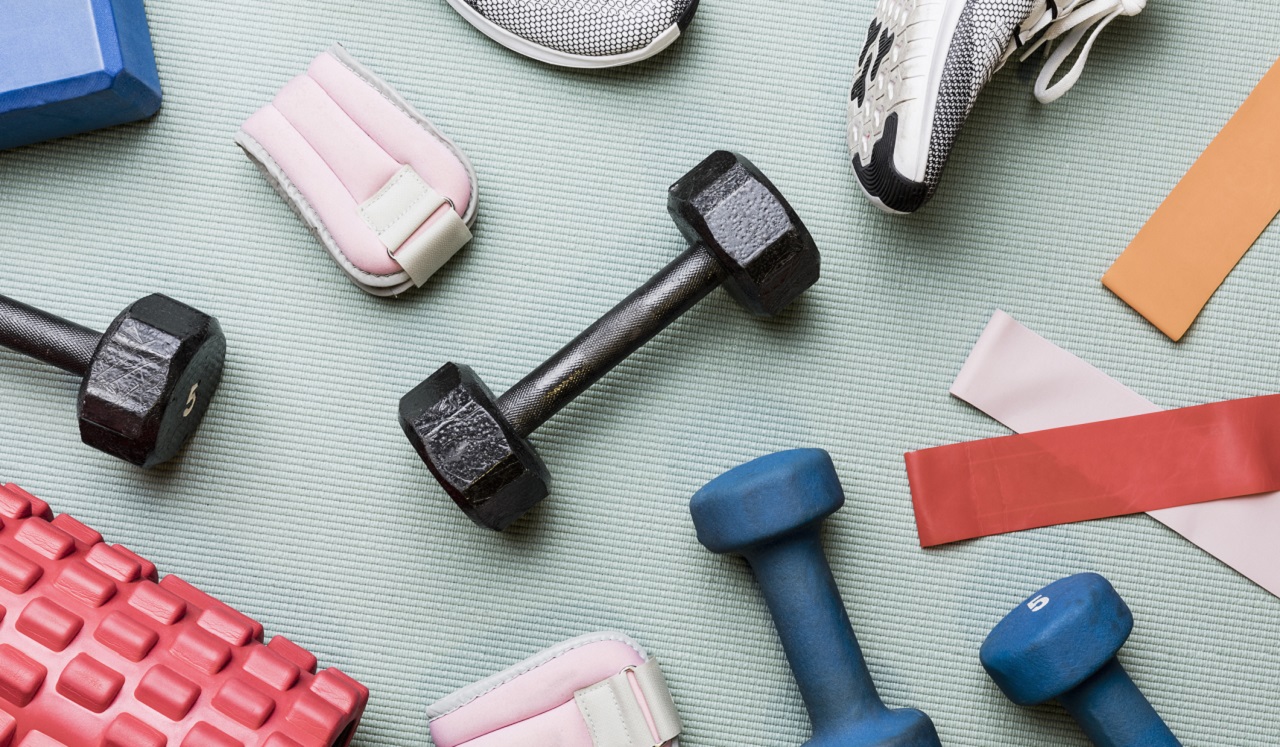Burned out? You’re not alone. The pandemic has made many of us feel isolated and on edge while juggling family, career and fear of falling ill. By now, your supply of mental wellness may be nearly empty.
“Self-care is a cornerstone of emotional wellbeing,” says Philip Farley, MD, psychiatrist affiliated with Memorial Hermann Mental Health Crisis Clinics. “You’ve got to put yourself first in order to balance your roles as a partner, parent or friend.”
Here are five “Bliss Breaks” he suggests to recharge your mind and spirit. They may not only help whittle away anxiety and depression but also chronic pain and fatigue. At the same time, you may boost your creativity and productivity.
Treat yourself better
“Self-care is critical to maintaining your wellbeing,” he says.
That starts with a good night’s rest. “If you don’t get enough sleep you won’t get the final stage when your muscles relax and your energy is restored,” he adds.
Turn off all screens at least 30 minutes before bed, and once you lie down, progressively relax each muscle group of your body from head to toe. You also might try visualizing a place or experience that soothes you.
Nutritious meals keep your mood on an even keel and working out releases feel-good chemicals, including endorphins. “Once you get in the habit of exercising, your body anticipates it and you look forward to it. It’s a great mood enhancer,” Dr. Farley says.
Socialize
Being stuck at home can be isolating and depressing—even when you’re surrounded by chaos.
“We’re social beings,” Dr. Farley says. “So at least a couple of times monthly connect with a friend who makes you laugh, knows you well and lifts you up.”
Silence your inner critic
When you catch yourself berating yourself, stop.
“We all have our own inner critics, and they’re often brutal,” Dr. Farley says. “It may hold you back, preventing you from seeking a job promotion or realizing that you deserve a loving relationship.”
Ask whether actual evidence supports your attack, he says. “Usually there’s none.”
Affirmations also can contradict the critic within. “Give yourself permission to be imperfect, and cultivate your inner cheerleader who values you—as you are,” says Dr. Farley.
Be still
Take a chill pill—quiet time heals your soul. Doing less means you’ll be able to do more, Dr. Farley says.
But that doesn’t mean logging on your laptop or scrolling through your phone. Instead, disconnect. If silence makes you anxious, start small, with 10- to 15-minute stretches daily.
According to Dr. Farley, disconnecting is vital to long-term satisfaction. “If we stay connected all the time to computers, phones and other electronic devices, we become addicted to the short-lived rush we get from dopamine,” he adds.
Instead connect with yourself by taking a stroll—solo. “The key is be in the moment,” he says.
So breathe deeply and awaken your senses. Appreciate the sight of shadows dancing on the pavement, the sound of swaying branches, the aromas of budding leaves and the feel of the breeze. You also may find peace in music or the soothing repetitiveness of your breath and footsteps.
Reflect
Buy yourself a beautiful journal. Each night write down at least one thing—no matter how minor—for which you’re grateful.
“You may notice you’re more positive, creative and in tune with yourself,” Dr. Farley says. “Journaling can help you develop self-awareness and sleep better.”
So burn your candle brightly—just not at both ends.


